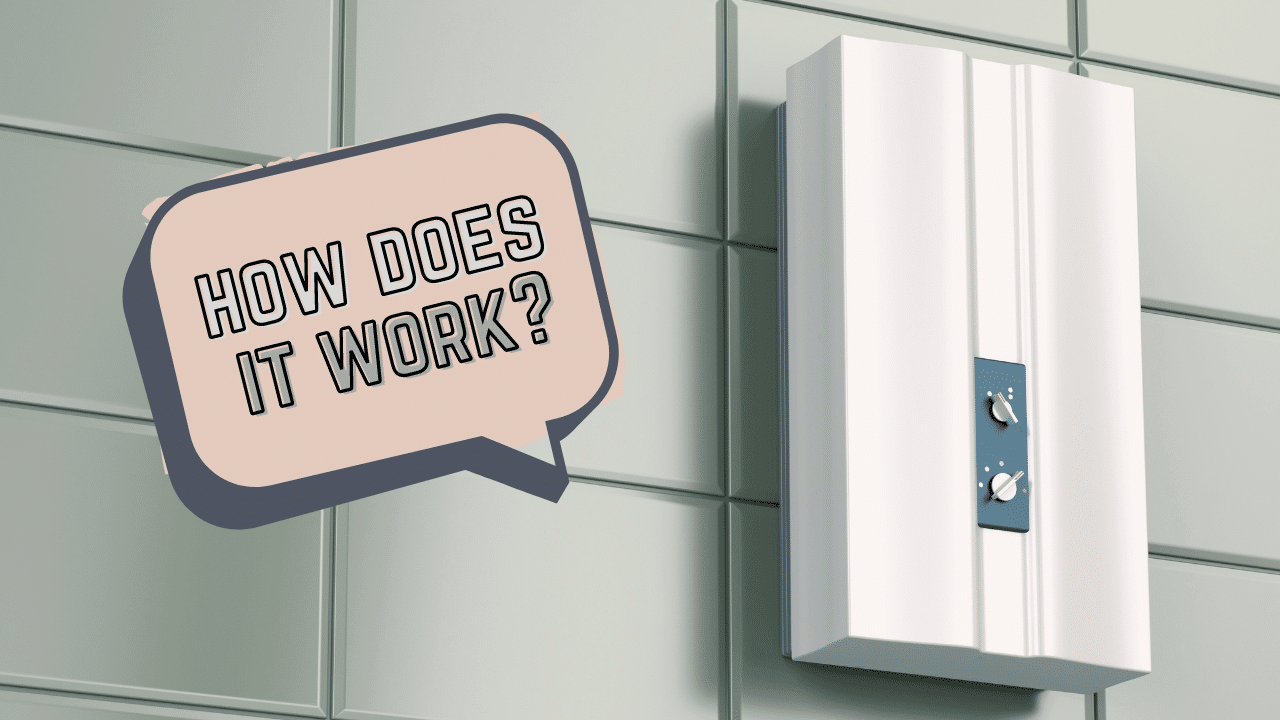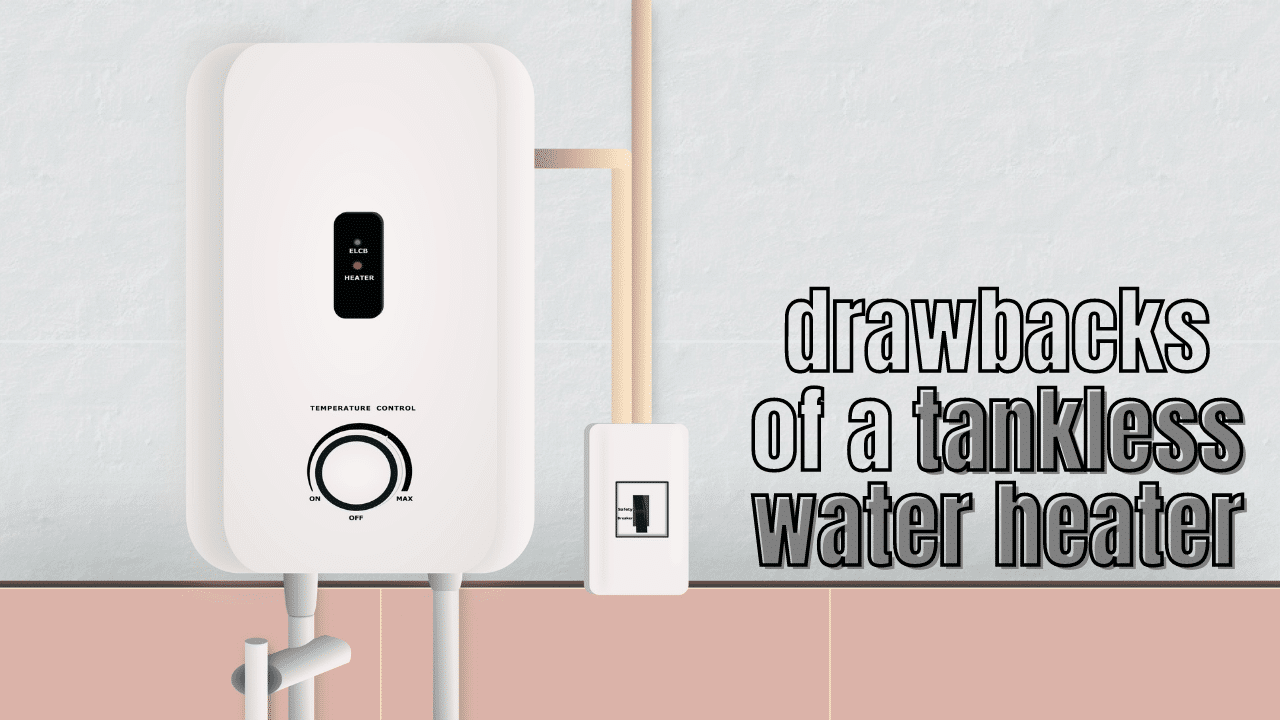In essence, tankless water heaters follow a different process than their tanked counterparts. Instead of heating the water 24/7, a tankless water heater is generally OFF until the system signals the need for the heated water.
The cold water passes through the aluminum heat exchanger to heat the water. Once it is shut off, the system will be on standby mode.
Average Costs of Tankless Heaters
On average, tankless water heater prices range between $250 (small gas-powered units) and up to $2,300 (high output heaters). Electric units will cost you anywhere from $120 to $950. (Related: Gas vs. Electric Water Heater: What Is Right For Your Home?)
Although tankless heaters will cost you more than standard storage tank heaters– they are increasingly gaining traction because of their efficiency. So even if you pay high upfront costs, you can still recoup the amount and save money in the long run with your decreased energy bills. (Related: Tankless Water Heaters: Advantages, Disadvantages & Costs)
How a Tankless Heater Works

Let’s dive into a step-by-step breakdown of how a tankless heater works.
Why Choose Tankless Heaters?
If you would like to have a constant flow of hot water, consistently achieve your desired hot water temperature for maximum comfort and want your system to have personalized settings; then, switching to a tankless heater will be a good decision. (If you’re still stuck with the standard tank unit, that is!)
Common Issues Observed in Tankless Water Heaters

Although tankless water heaters are growing more popular because of their efficiency, they also have a fair share of issues. This includes blockages, ignition failure, and a system overload.
Also, if you are using too many hot water applications at a given time (beyond the system capacity) – the unit may overload and shut down. If the air supply of the tankless heater is blocked in any way, overload may become an issue too.
Lastly, you may also find yourself in situations where the tankless heater cannot ignite. This is primarily due to gas supply-related issues. In that case, you may want to ensure both your gas and water valves are not fully open.
If all things fail, you may want to contact a local technician to check on the system and give you professional advice.
Should You Switch to a Tankless Water Heater?
Ultimately, you can enjoy an endless flow of hot water on demand with a tankless water heater. Suppose that’s something you’d want in your home. In that case, making the switch will be beneficial– especially now that you have a basic understanding of how a tankless heater system works.
Not to mention, you can also expect cost savings in the long run as it is more energy-efficient than a tanked unit.
Frequently Asked Questions (FAQs)
What are the advantages of a tankless water heater?
Tankless water heater only turns on when a hot water faucet is opened and turns off when closed. Therefore, the energy is consumed only for the hot water being used. You are not spending energy heating water when you are not using it, such as while asleep or not at home. Since there is no water storage, it means no continual heating and reheating of stored water. The energy you save is then converted to money savings while reducing detrimental impacts on the environment. Because a tankless water heater heats the water as you use it, you may have an infinite supply of hot water as long as you select the right unit size for your home needs.
Is one tankless water heater enough for a whole house?
Yes, a single tankless water heater may be enough as long as you choose the suitable model suited to your home’s hot water needs. This will also depend on the maximum flow of hot water necessary at any one time. You can purchase tankless water heaters that can handle one shower at a time, while others can handle up to two showers simultaneously.
How much money can I save if I use a tankless water heater?
On average, you can save anywhere from 5% to 69% off your hot water heating bill. Remember that factors like the model of your tankless water heater, storage tank size, and if it runs on electricity or gas can determine how much you will save. Most houses use hot water for only an hour on average, but they maintain 40 or 50 gallons (sometimes more) of hot water 24 hours a day. Your energy consumption can be dramatically reduced by having a system that eliminates the storage and heats the water only when needed.
How do I select the right tankless water heater size?
You must select a model that can supply enough hot water to fulfill your hot water needs. The best way to pick the right size is to figure out how many showers each model can handle simultaneously. As previously mentioned, many models can run either one or two showers at a given time. (Related: What Size Tankless Water Heater Do I Need? (A Comprehensive Guide))
